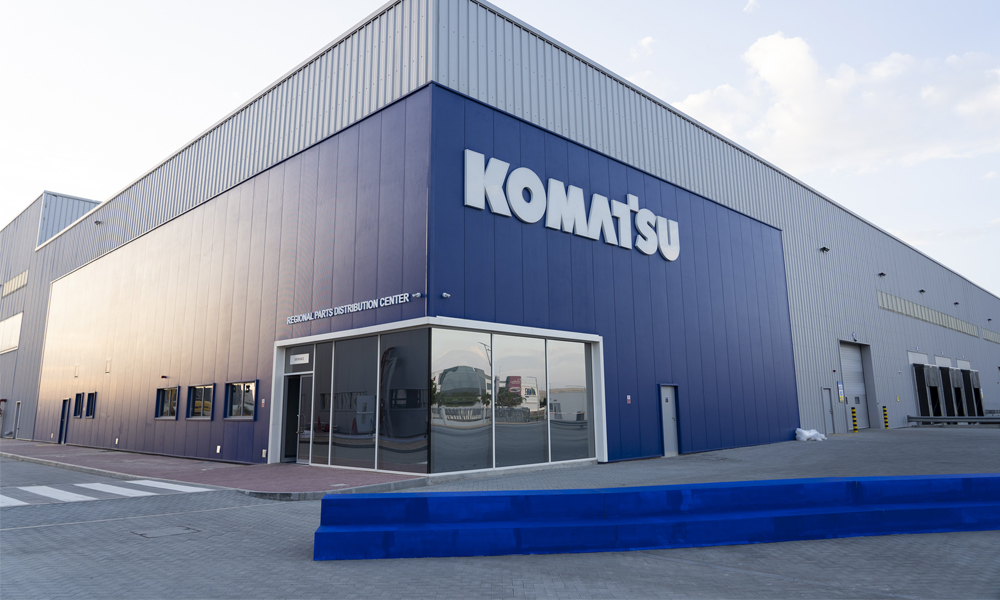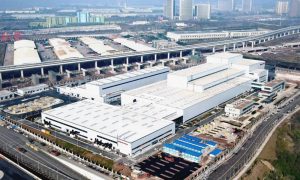Coronavirus: Komatsu extends work suspension at some global production bases
Italian, Indian and UK factories to remain closed while German and Russian sites resume work

Temporary closures at some Komatsu factories around the globe have been extended, with the Japanese manufacturer saying it will reopen its Italian and Indian factories on May 3 while its UK production base remains closed until the end of next month.
In a statement about the status of its manufacturing facilities around the globe, Komatsu added the Italian and Indian factories were originally scheduled to resume production on April 13 and 14 respectively, but the continuing emergencies due to the Covid-19 pandemic in both countries has necessitated further extensions of closures. The company’s UK facility was also scheduled to reopen on April 17 but will now stay shut until May 31.
Meanwhile, Komatsu’s German factory resumed production on April 14, while its Russian production base also came back on stream on April 13. The brand’s factories in China have been operational for some time while its Japanese bases have remained open despite Japanese prime minister Shinzo Abe’s recent expansion of the country’s Covid-19-related state of emergency to cover the entire country as opposed to only Tokyo, Osaka and five other districts previously.
Commenting on the changing situation in Japan, the company said: “In light of the Japanese government’s April 16 decision to apply the state of emergency nationwide, Komatsu Group companies in Japan have thoroughly ensured infection preventive measures based on the requests and guidance of corresponding prefectural governments.”
Komatsu’s sales and distribution is continuing around the world, the company added, with the personnel concerned and the dealer networks doing “business through teleworking of their employees”. This also holds true for the Middle East and Africa, where Komatsu said: “To continuously supply products, parts, and service, they are implementing measures, such as the reassessment of supply routes and promotion of shift work operations for their employees.”

























